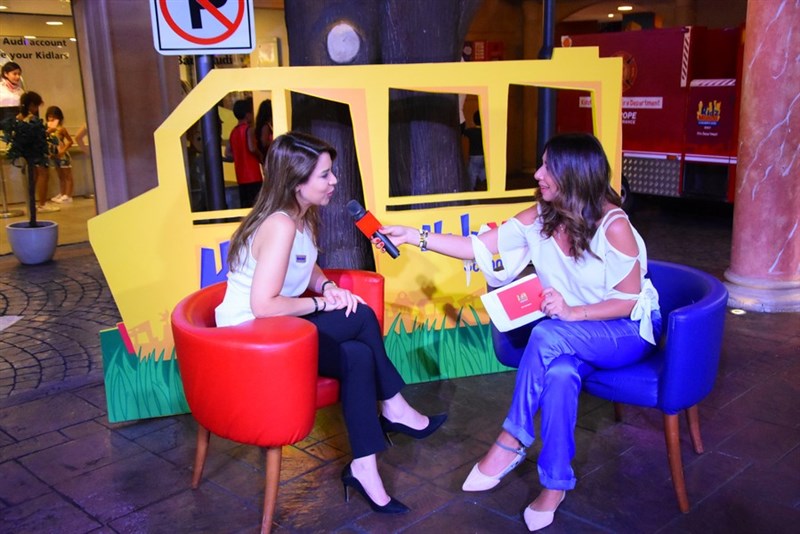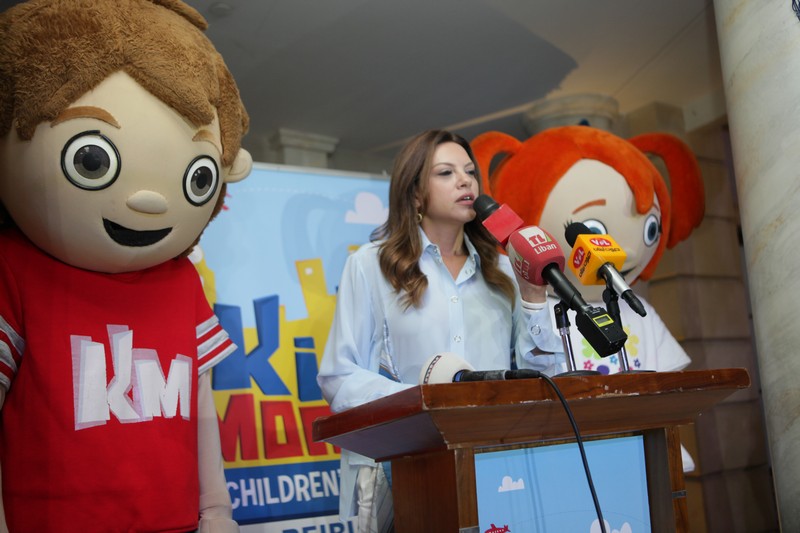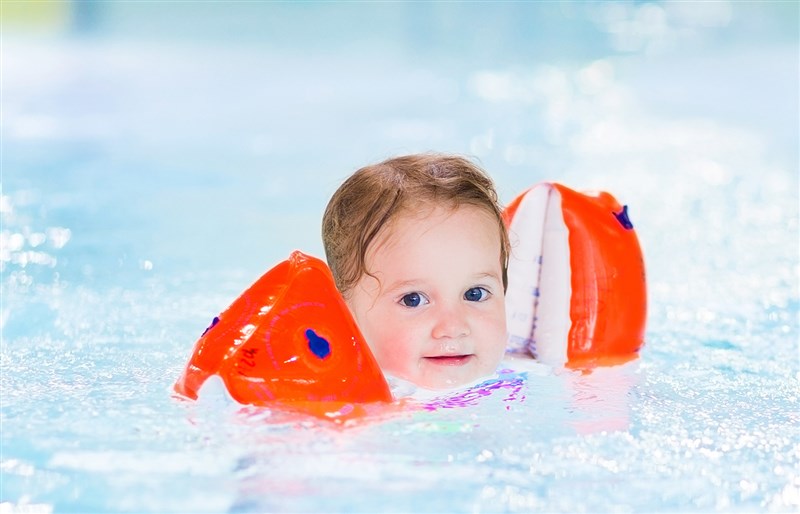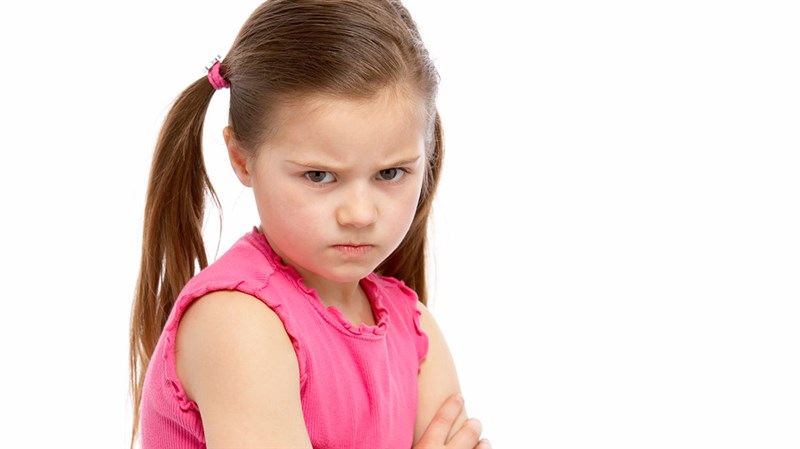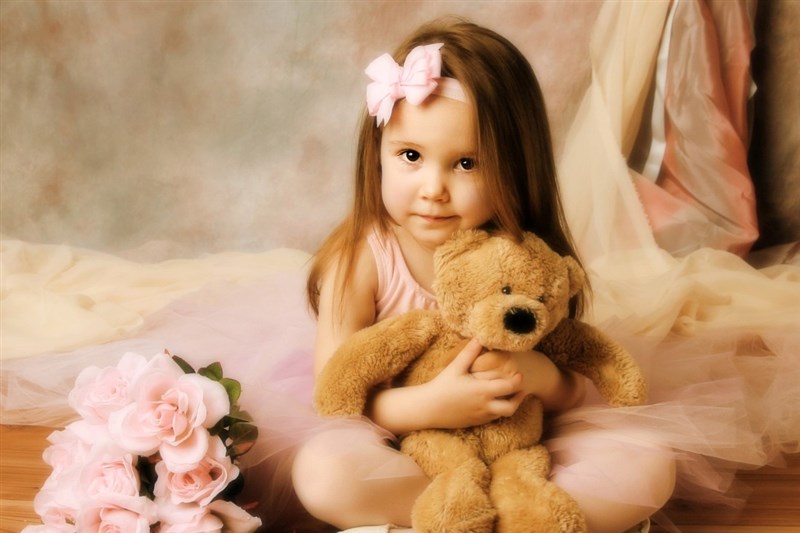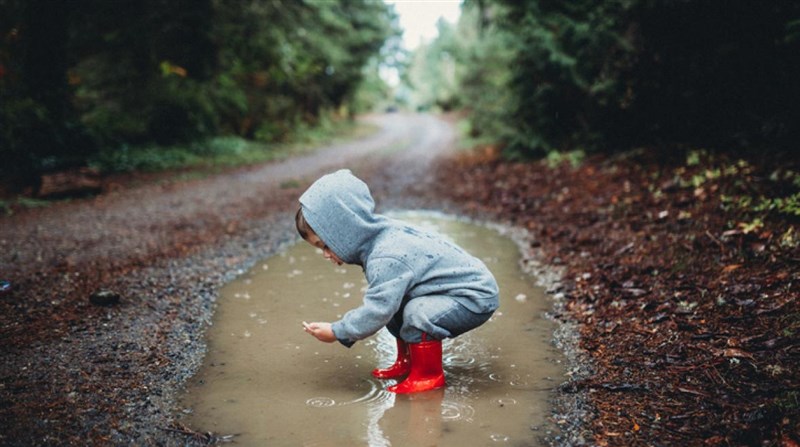Developmental psychologist Diana Baumrind conducted a study in the 1960s on children of preschool age to evaluate and formulate parenting styles. At the time, her ground breaking study deduced three major methods which since then have been subject to acclaim as well as criticism. What are these styles and what do they mean? The “authoritarian” (disciplinarian), the “permissive” (indulgent) and the “authoritative” are the findings, and later on the “uninvolved” (neglectful) was added to create a distinct classification of four major parenting styles.
The analytical tools for formulating these styles were parental responsiveness vs. unresponsiveness and parental demandingness vs. undemandingness. We at Beiruting Kids have rounded up these styles in a simple manner relating each archetype to its representation, discipline instrument, parental behavior and kids’ social behavior and inner being. Which of these does your style resemble?
Authoritarian: high demandingness/low responsiveness
Representation: 1950s American family with traditional patriarchal family values with strict rules.
Discipline: Strict control, rigid rules, threat and punishment.
Parental behavior: conservative, sees situations in black or white, rules to be obeyed without questioning, no praise or reward, child must act like a responsible adult.
Kids’ behavior: fearful, obedient, dependent, handle stressful situations with aggression, prone to low self-esteem.
Permissive: low demandingness/ high responsiveness
Representation: Modern day image of self-centered “spoiled” children with no limits. Parents fear confrontation while trying to maintain a friendship with their child.
Discipline: Reasoning and bribes to achieve a form of control.
Parental behavior: They believe that strict rules restrain the child’s creativity and autonomy, and the latter is perceived as an equal hence the involvement in decisions.
Kids’ behavior: No limits or authority figures which leads to insecurity when the child doesn’t know who he/she can depend on. Bossy child, impulsive, problematic behavior on one hand, and on a more positive note, the equality they believe they have leads to high self-esteem and low depression levels.
Authoritative: high demandingness/high responsiveness
Representation: The middle ground in between the authoritarian and the permissive is perceived to be ideal.
Discipline: Fair but firm reasoning with the child including positive reinforcement.
Parental behavior: They have high standards for behavior but don’t restrict the child’s potential. Parents wish for their kids to be well behaved and well-rounded by setting boundaries while focusing on positivity.
Kids’ behavior: The think of following rules as something they want because of the affection they receive, they also do well in academics and are goal oriented.
Uninvolved: low demandingness/low responsiveness
Representation: The parent who doesn’t relate to their child.
Discipline: Few limits and demands.
Parental behavior: Emotionally separated from child, low communication and responsiveness.
Kids’ behavior: Low self-esteem due to the lack of attention which makes them feel unimportant. Less socially competent children who perform poorly in all domains.
Maria Najem
Photo: naukrinama.com






